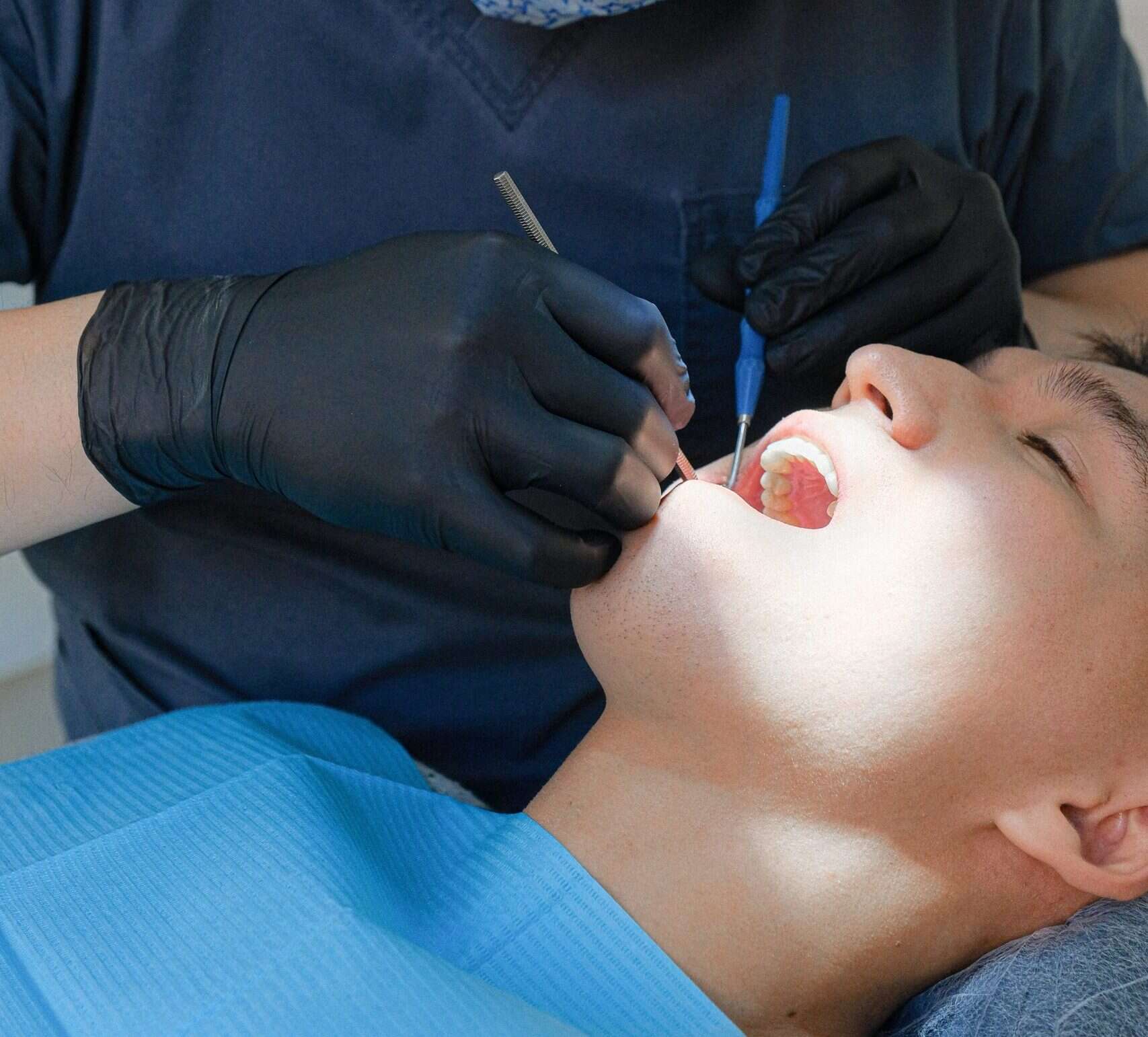Overview
Oral cancer develops in the mouth or throat tissues and is part of a larger group of cancers called head and neck cancers. Most cases develop in squamous cells found in the mouth, tongue, and lips. In the United States, more than 49,000 cases of oral cancer are diagnosed each year. This type of cancer mostly affects people over the age of 40.
Types of oral cancer
Oral cancers include cancers of:
- Lips
- Tongue
- The inner lining of the cheek
- Gums
- The floor of the mouth
- The hard and soft palate
Risk Factors
There are essentially two risk factors for oral cancer:
- Smoke
- Alcohol
Those who consume large amounts of both are at a higher risk of getting mouth cancer.
Other risk factors can be:
- Human papillomavirus (HPV) infection
- Chronic sun exposure of the face
- A previous diagnosis of oral cancer
- A family history of oral or other cancer
- A weakened immune system
- Poor nutrition
- Genetic syndromes
What are the symptoms of oral cancer?
The symptoms of mouth cancer are different, unfortunately, it is difficult to distinguish which ones are attributable to this type of cancer or to other types of malaise. Symptoms of oral cancer include:
- A sore on your lip or mouth that won’t heal
- A mass or growth anywhere in your mouth
- Bleeding from the mouth
- Loose teeth
- Pain or difficulty in swallowing
- Problems wearing dentures
- A knot in the neck
- An earache that won’t go away
- Dramatic weight loss
- Numbness of the lower lip, face, neck, or chin
- White, red, and white or red patches in or on the mouth or lips
- Sore throat
- Pain or stiffness in the jaw
- Pain in the tongue
Some of these symptoms, such as the sore throat or earache, may indicate other conditions. See a doctor when these symptoms don’t go away, or you have more than one at a time.
How is oral cancer diagnosed?
The diagnosis of mouth cancer involves several steps and very often includes a series of tests that aim to identify if it is really cancer and if it has spread.
First, a close examination of the mouth’s roof and floor, back of the throat, tongue, and cheeks, and lymph nodes in the neck are done. In some cases, if your doctor is unsure of your diagnosis, you may be referred to a specialist. Once an abnormality is detected in the mouth, a brush biopsy or tissue biopsy will be performed.
In some cases, further tests are also carried out to evaluate other parts of the body, such as:
- X-rays: aimed at investigating whether cancer cells have spread to the jaw, chest, or lungs
- CT scan: reveals if there are tumors throughout the body.
- PET scan: to show if cancer has traveled to the lymph nodes or other organs
- MRI scan: to get a more accurate picture of the head and neck and determine the extent or stage of the cancer
Can oral cancer be cured without surgery?
Yes, it depends on where the cancer is located.
Mouth cancer in many cases can be treated in the following ways:
- Radiotherapy: This therapy involves bombarding the tumor with radiation once or twice a day, five days a week, for two to eight weeks. For more advanced cancers, this should be combined with chemotherapy.
- Chemotherapy: Treatment that kills cancer cells. The medicine is given to you orally or intravenously. Most people get chemotherapy in the office.
- Targeted therapy: This therapy requires therapeutic medicine to bind to specific proteins on cancer cells and hinder their proliferation.

